How to Choose Your Customer Service Outsourcing Partner: Quick Checklist

Many EverHelp clients come to us scared about outsourcing partnerships, worried that a remote team will not grasp their brand or deliver the care their customers deserve. The thought of a costly mistake looms large, especially considering the time invested in selection and integration. And it’s reasonable to have such fears.
Unlike other articles, we're not here to tell you “one-size-fits-all” tips. We understand unique business needs, and that's why we've drawn on our years of experience helping businesses like yours find the right partner in customer service outsourcing.
This guide will provide you with the critical things to check (alongside actionable expert tips) to confidently manage the selection process so that you choose the right customer service outsourcing company that aligns seamlessly with your business goals and customer needs. As a bonus, you’ll find a list of red flags to watch out for to avoid costly mistakes.
Before You Hire an Outsourcing Partner, Know Your Customer Challenges & Support Needs
To choose your perfect outsourcing partner, you should first know your specific business goals. For instance, we at EverHelp offer multilingual and omnichannel support options, but if your customers are mainly from English-speaking countries and mostly use on-site chat as a communication channel, you can save lots of money by mentioning that at the beginning. This way, you won’t have to pay for extra services when you don’t need them.
Know The Answers to These Questions About Your Customers

- Can you categorize the top 3-5 most frequent types of requests your customers have for your support team (e.g., technical issues, billing questions, order tracking)?
- Do customer requests fluctuate throughout the year? Are there specific times with higher ticket volumes or more complex issues?
- Are there any specific needs your customers may have, such as multilingual support?
- How do your customers prefer to contact support (e.g., by phone, email, or live chat)? Do they need assistance to be provided across multiple channels?
- What are your current support hours? Do your customers need extended or 24/7 support? Do you need agents from another time zone?
- What is your current customer satisfaction rating for support? What is your target level for improvement after outsourcing?
Compile a List of Must-Haves and Nice-to-Have Things
Based on your customer research, business needs, and other unique key factors, it’s recommended to have an explicit list of things divided into sections.
Section 1: Must-have things (things that your potential partner ought to have, which are critical for your business and clients).
Section 2: Nice to have things (things that are good to have but not the priority; let’s be realistic: it’s almost impossible to find a partner that meets all the necessary criteria and extras, especially if you are on a limited budget).
Here’s an example of how the list can look like (be as specific as possible!):

Remember, this is just an example. Customize your list based on your unique priorities. Carefully weigh “must-haves” against “nice-to-haves” to find the best fit for your business.
❓FAQ: What if I don’t know my current customer support needs and don’t have enough expertise to learn them?
Even if you're unsure of the exact model you need, a good customer support outsourcing partner can guide you through the process. In some cases, it works even better since both you and your outsourced team become synchronized strategic partners who explore, create, and test different support strategies together.
11 Most Critical Things to Check When Choosing Your Perfect Customer Support Outsourcing Partner
Based on our experience working with different B2C and B2B companies, here are the key things our customers prioritize when choosing a trusted customer support provider.
1. Social Proofs And Successful Outsourcing Examples
Never rely just on a company's website (yes, even if you decide to start cooperating with us :)
Look for real-world validation of their services. Here are a few options:
1.1. Look into the firm’s reputation
Research the company’s market position by reviewing its industry awards, recognitions, and previous client testimonials. One way to do this is through websites like Clutch, Trustpilot, GoodFirms, and G2. Be sure to examine both the positive and negative reviews closely, noting the service provider's overall score and the amount of feedback. We usually recommend considering companies with a 4/5-star rating or higher.
1.2. Seek recommendations
Connect with your network to request referrals from businesses that have successfully outsourced customer support. Additionally, a practical tip is to utilize LinkedIn's smart filters. By searching for customer service outsourcing, you can apply the “1st connection” filter to view a list of companies that share your mutual connections.

1.3. Check case studies
Ask potential partners for case studies that showcase their work with clients similar to your product or industry. Take special note of the before and after metrics presented in those examples, as they reflect the actual service levels. This allows you to see their approach in action. Also, you can usually find case studies in a separate section on the company’s website.
1.4. Test the support
Many outsourcing companies offer trial periods. Check if a company has the same option, with the outsourced support agents handling a few of your customer inquiries. This will allow you to assess their quality.
2. Industry and Client Expertise
Review your potential client portfolio. Look for companies in similar industries or with comparable business models to yours. For instance, if you are a B2B SaaS company, investigate how much experience the company already has working with SaaS customers. Ask for specific strategies and nuances of providing customer assistance in this industry. A qualified partner will be happy to share expertise during the onboarding call if the company is confident in the industry.
❓ FAQ: How about the years of experience?
💡Expert tip: It makes sense to pay attention to relatively young vendors. If they already have 10+ clients, they have established good processes and sufficient expertise. However, upcoming services will be more budget-friendly than those of the market giants. One of the advantages of such companies is also their primary focus on quality – they try quite hard to satisfy all their clients' needs.
3. Communication Channel Expertise
If a multichannel approach is a must-have on your checklist, pay close attention to their experience with various channels (email, chat, calls, chatbots). Confirm their ability to handle your needs, including providing omnichannel customer service if required.
So what to do? 🤔 List your essential communication channels (email, chat, calls, social media) and prioritize them based on usage. During your initial discussion with potential partners, ask for specific examples of their experience with each channel. Can they demonstrate success stories with channels and in industries similar to yours? Do they have the technology and training to integrate their support team seamlessly into your primary channels?
Don't settle for generic answers. You need a partner who can handle the complexities of your specific communication needs.
4. Employee Retention
This one is less obvious.
Investigate the outsourcing company's employee turnover rate. High turnover can negatively impact service quality and customer satisfaction. Look for signs of a positive work environment (e.g., retention rates and employee referral programs).
For example, at EverHelp, the retention rate is 90%, and 39% of the people we hire are referrals. People like working with us; they note the exceptional attention and care from managers towards them as individuals and their work. Such stability in staff allows us to focus on deep and quality customer service rather than firefighting with hiring.
5. Scaling Opportunities
If you know that your business is growing or that you face high request volume during some seasons, discuss that with your potential outsourcing partner. Nonetheless, if that’s the case, you can also rely on their expertise. Experienced vendors can anticipate scaling opportunities and plans from their side even from the kickoff moment with the business. Still, before making a commercial offer, you must ensure that your partner meets your scaling needs.
.webp)
6. Technology Adoption & Integration
A good outsourcing company will stay up-to-date on the latest AI and other technological advancements in customer support.
Thus, assess their openness to modern technologies, such as AI-powered chatbots for basic inquiries, self-service portals for order tracking and troubleshooting, and sentiment analysis tools, to better understand customer needs and improve service delivery. This helps establish a future-proof approach to customer support.
The suggested tools to ask about are:
- Chatbots & Virtual Assistants for 24/7 support (and high-season management)
- AI-powered sentiment analysis to assess customer satisfaction
- eCommerce return & exchange automation
- AI-powered fraud detection
- AI solutions for tailored answers to automate the assistance process
- AI analytics to help spot trend shifts and make data-driven decisions
A qualified outsourced partner also usually organizes smooth integration with an internal CRM, help desk, or other tools their clients use. However, it never hurts to check twice, so don’t hesitate to ask how the integration process will be organized from their end.
7. Security Policies
Security should be a top priority when choosing a customer support outsourcing partner to handle sensitive customer data. Data breaches and leaks can have devastating consequences, damaging customer trust and potentially leading to financial penalties.
To ensure your data is secure, investigate the outsourcing company's security policies and industry-relevant compliance certifications. Look for certifications like SOC 2 or PCI DSS, which demonstrate their commitment to data security best practices. Ask about their data encryption practices, access controls, and incident response procedures.
Don't hesitate to request a detailed document outlining their security protocols for peace of mind. Also, ask about their internal team security education and workshops. The dedicated partners would have that in place.
Here’s an example of how we handle security at EverHelp:

8. Quality Control Metrics
Knowing the quality of the provided customer care is highly important. How will your potential partner handle support quality metrics? Do they have an internal quality control specialist who monitors the vendor’s work and tracks metrics? These are just a few questions to ask before signing a contract with your potential outsourcing partner.
You want to ensure your partner implements a strategy that aligns your support team with customer feedback and needs. By tracking essential indicators such as response times, satisfaction scores, first contact resolution, and specialized metrics like refund and chargeback rates, your customer support team can constantly improve, improving the customer journey.
Thus, see if your potential outsourcing partner offers documented QC policies and criteria and proactively uses data to identify trends and improve the quality of service provided. Regular calibration sessions between QC teams and you as a client are also important, so include them in your contract.
Having a well-established quality control (QC) system for your support team is critical to ensuring a consistently high customer experience. It’s the only way to maintain service excellence and continually improve customer interactions.
At EverHelp, we take QC seriously. Our dedicated quality control team designs customized scorecards tailored to each business's unique requirements. However, the best results come from ongoing collaboration with an in-house representative from our client’s company. This alignment helps refine support strategies and make sure that our service meets your brand’s standards.
.webp)
9. Pricing Structure
Now, one of the biggest business concerns when outsourcing is how long the bill will be. So, it’s best to figure out the service’s pricing model. This helps you narrow down vendors that align with your current budget. Keep in mind that services offering flexible pricing options increase your chances of finding the right fit.
*Side note: Sometimes, investing more in a service that accurately meets your needs is better than settling for a cheaper option that falls short. However, the best choice would be a company that offers flexible pricing models. For example, at EverHelp, we have three different options: shared, dedicated, and a talent-only team, which allows you to pick the option that most fits your budget.
10. Cultural & Brand Alignment
This point is often overlooked when companies choose to outsource customer service. Your brand’s image and tone of voice shape how customers perceive you, so having a support provider who can seamlessly match them is helpful. Make sure the support provider understands your brand’s communication style and is willing to adapt to your audience's cultural nuances. It’s also worth checking if they have experience handling similar cases to prove their ability to deliver a consistent and authentic customer experience.
11. Contract Flexibility & Customization
Last but not least, before finalizing an outsourcing partnership, carefully examine the contract terms. Can the agreement be modified if needed? What are the length and termination policies? Flexibility is key, so make sure your business has an opportunity to adjust processes to align with your goals. For example, check if you can include or exclude personalized training sessions and customize escalation procedures to fit your needs. A well-structured, adaptable contract will help build a smooth and effective collaboration.
Extra Outsourced Support Features That Wouldn’t Hurt to Check
We’ve covered all the main features that you need to look at first prior to booking a meeting with your chosen outsourced customer support provider. Yet, there are a couple of extra offerings that you might want to search for as well.
Multilingual Support Capabilities
Before choosing an outsourcing provider, it's crucial to determine which languages your customers speak and whether multilingual support is necessary. To have an opportunity to scale further, it's best to work with a vendor that offers multilingual agents. Take note of the outsourcing partner’s number of available agents and their language proficiency—this information will be valuable for shaping your business’s growth strategy. Additionally, look if the company will be willing and able to provide agents who use regional dialects (e.g., Hochdeutsch or Plattdeutsch German, Scouse or Cheshire).
Social Media Management
When discussing omnichannel support, the focus often falls on on-site chat, email, and phone. However, in today's world, platforms like Instagram and TikTok play a significant role in brand promotion, recognition, and marketplace development. Businesses must use these channels to stay relevant and effectively engage with their audience. If your audience engages on these platforms, the right outsourcing partner would be the one offering social media specialists to handle customer inquiries and maintain seamless communication.
Bonus: Red Flags to Avoid for Successful Outsourcing Partnerships
Finding the perfect customer support partner can feel like online dating – you want a good match! Here's a red-flag checklist to help you boost the selection process:

Red Flag #1: A Partner Acts Like They Know Better What You Need
Beware of potential partners who don't engage in a thorough needs assessment. If a partner doesn’t ask detailed questions about your buyer persona, business goals, customer expectations, and tone of voice, it’s a dead end. A proactive and inquisitive partner will try their best to deeply understand your business model, customer base, and specific support requirements. They're not just selling a service but building a tailored strategy for you.
Red Flag #2: The One-Size-Fits-All Pitch
Does your potential partner push a specific customer support solution as a mandatory add-on, regardless of your specific business model? You may be a B2B niche company where personal account managers are more valued. A good partner recognizes this and works with you to find the best solution, even if it doesn’t require outsourcing.
For instance, super complex products, like those in the gambling industry, require tight control over information and employee vetting. That's why, when it comes to customer support outsourcing for iGaming, the inherent need for data sharing and potentially less stringent security protocols makes it a gamble you might not want to take, a point Gamblizard makes in the context of maximizing safety and improving the gaming experience.
.webp)
Red Flag #3: Promising Extremely Low pricing
Unbeatable pricing can be tempting, but remember, you often get what you pay for. Extremely low quotes suggest corners are cut on training, technology, or employee benefits. This could potentially lead to higher employee turnover, lower-quality service, and, ultimately, unhappy customers. Again, to save money, look for small, new companies with 10+ good success cases instead of industry titans.
Red Flag #4: A Potential Partner Ignores or Responds Slowly to Your Messages
As much as we would want to justify the slow response time by the company’s workload, we can’t go far without clear and consistent communication. Watch out for partners who are slow to respond, vague in their answers, or struggle to articulate their capabilities. Remember, they'll be your brand's voice, so effective communication is non-negotiable.
Red Flag #5: A Partner is an Ambassador of The Old-School Approach to Customer Support
Today's customer support landscape thrives on innovation. A partner stuck in the past, with limited experience in AI-powered tools (or God forbid, Google Workspace) and omnichannel support strategies, might be unable to keep pace with your evolving needs.
Red Flag #6: A Partner Doesn’t Share Many Details About The Strategy And Approach They Chose
Don't be afraid to ask for transparency! A reputable partner will readily share details about their team structure, employee turnover rates, and security protocols. If they’re reluctant to provide this information, consider it a red flag, signaling potential hidden issues.
Final Advice: Choose Ambassadors Rather Than Just Customer Support Outsourcing
Following our extensive outsourcing checklist, you'll be well-equipped to choose a customer support outsourcing partner who seamlessly integrates with your business and elevates your customer experience.
The final (and quite inspiring) advice is to look for people excited about your business and customer service. Those who will be an advocate for your client and who will rejoice in your successes. Such ambassadors of your business will work above expectations, as they cannot do otherwise. If, during the first meeting, you notice that your potential partner is not like this, just look the other way.
Looking for the perfect match? Our dynamic team, backed by experience in 100+ successful projects and an 87% client retention rate, could be the ideal choice for you! Sign up for a free demo call with EverHelp today to see what we can offer! Our experienced team will assess your needs, showcase our capabilities, and answer any questions you may have. We're confident we can be the trusted partner you need to deliver exceptional customer support.




.webp)



%20(1).png)

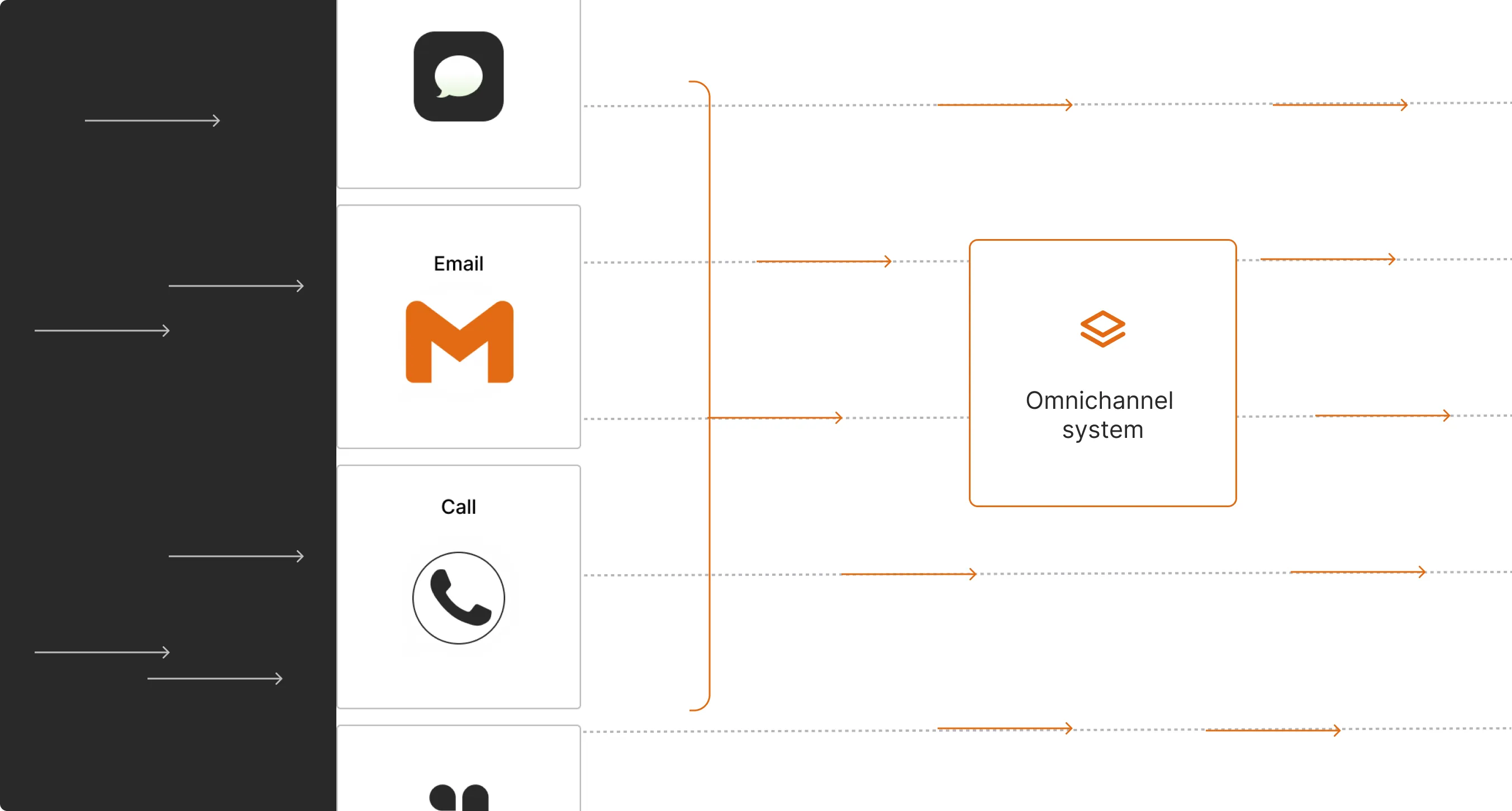






.png)



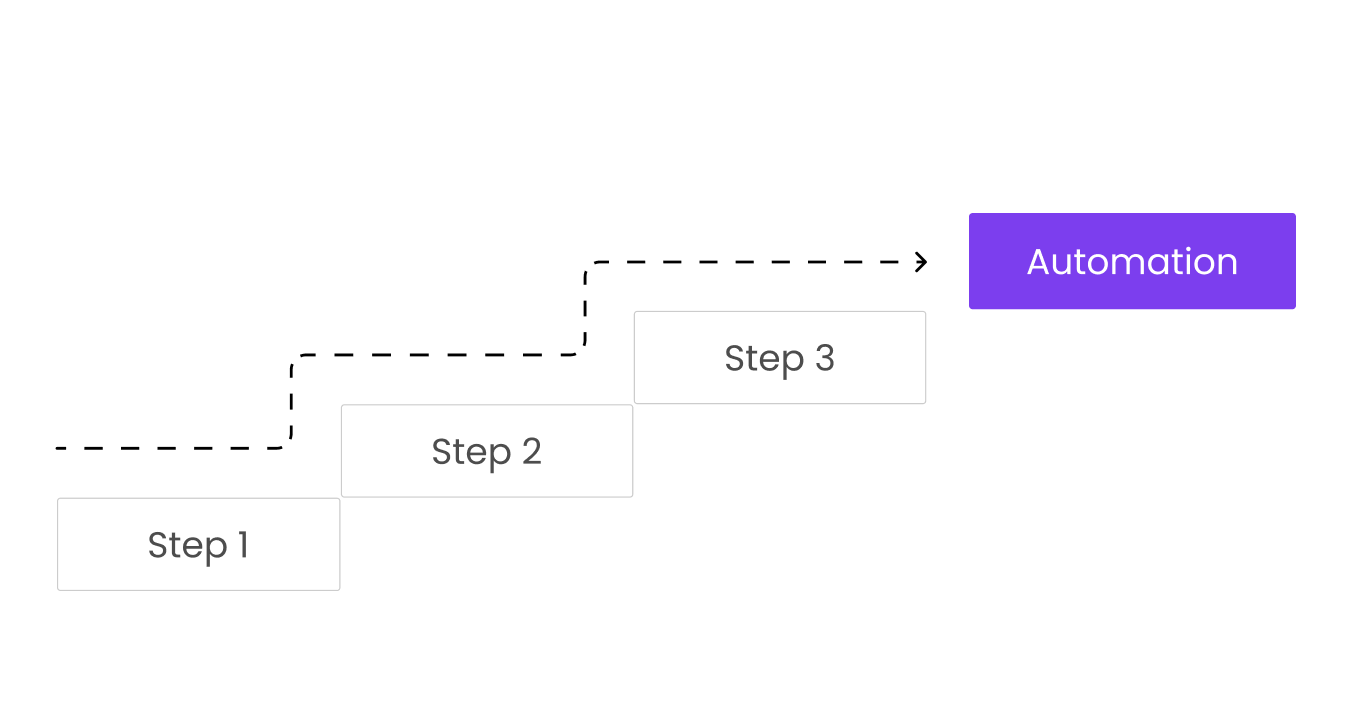


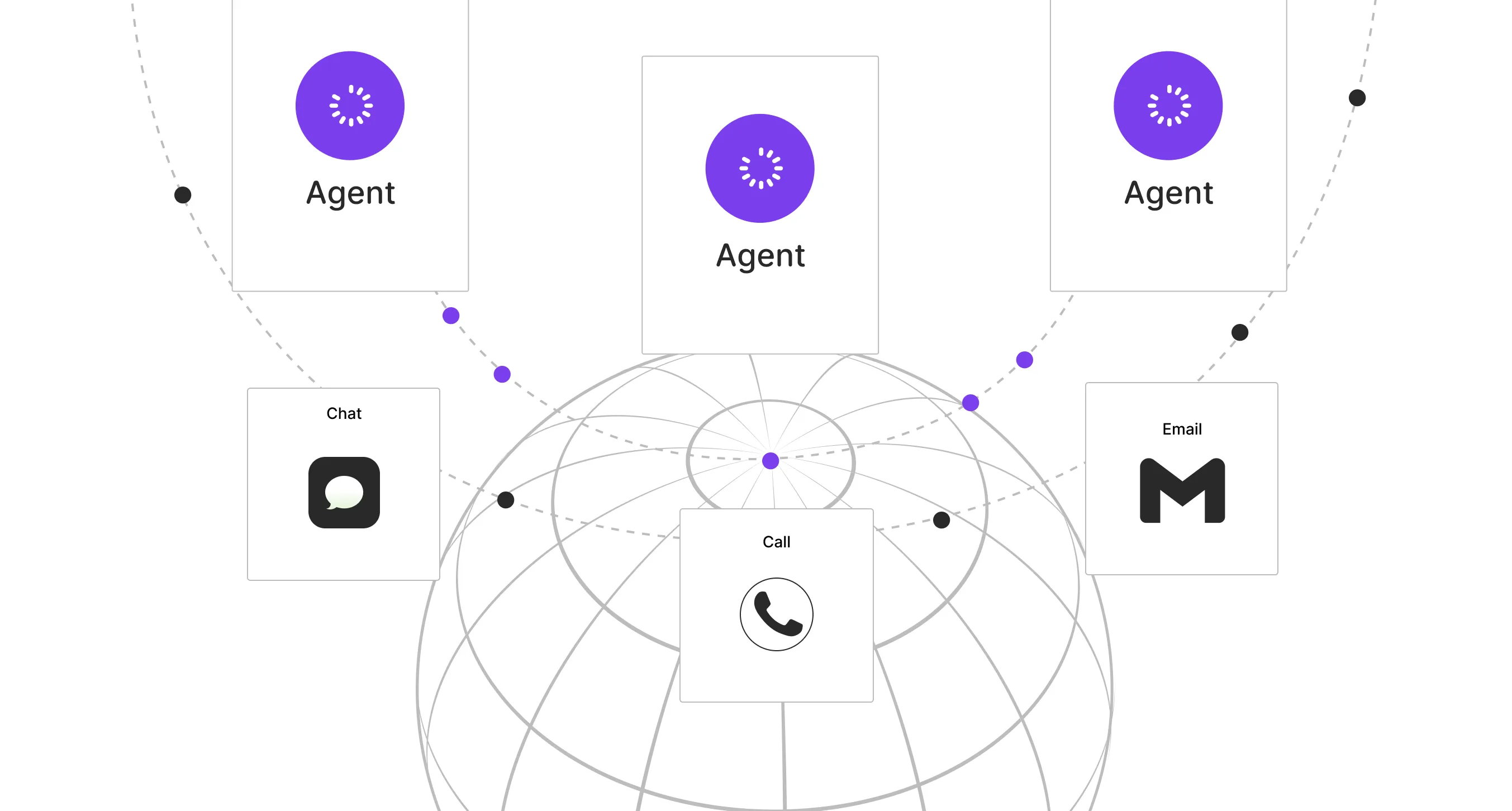
.png)
.webp)

_%20Strategies%2C%20Tools%20%26%20A%20Client%20Success%20Story%20(3).png)
.png)

.png)

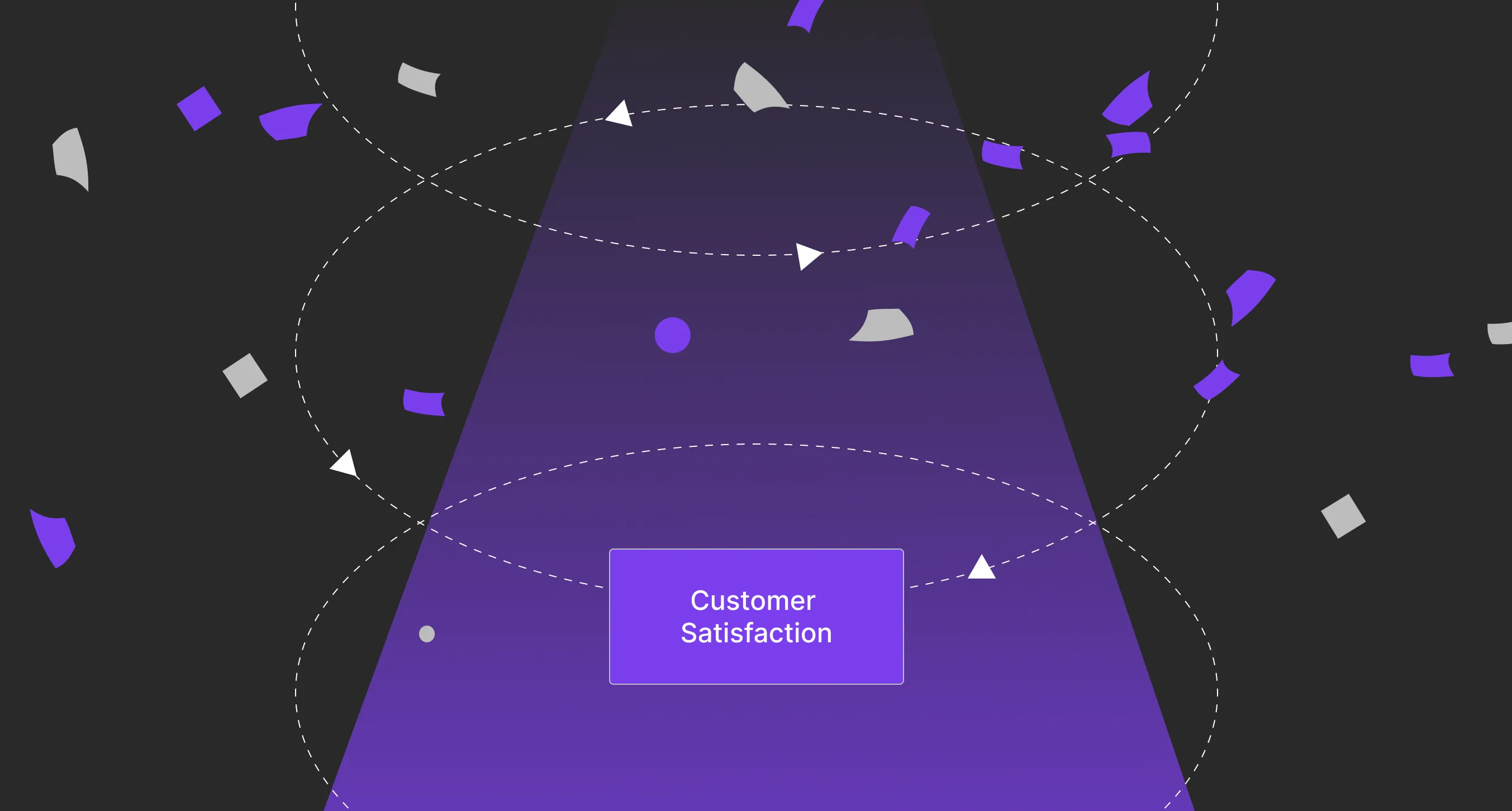
.webp)
.webp)
.webp)
-min%20(1).webp)
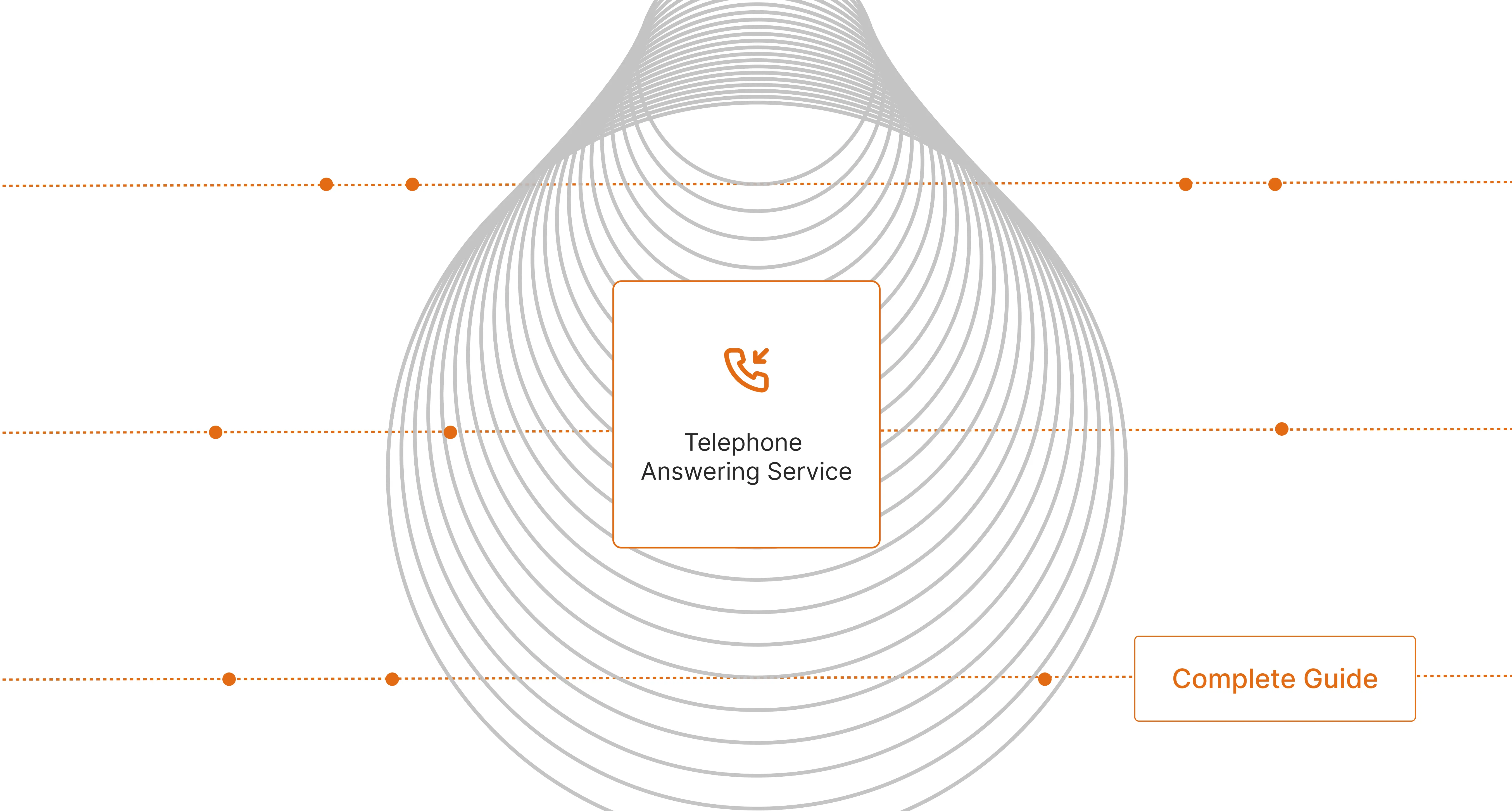



.webp)
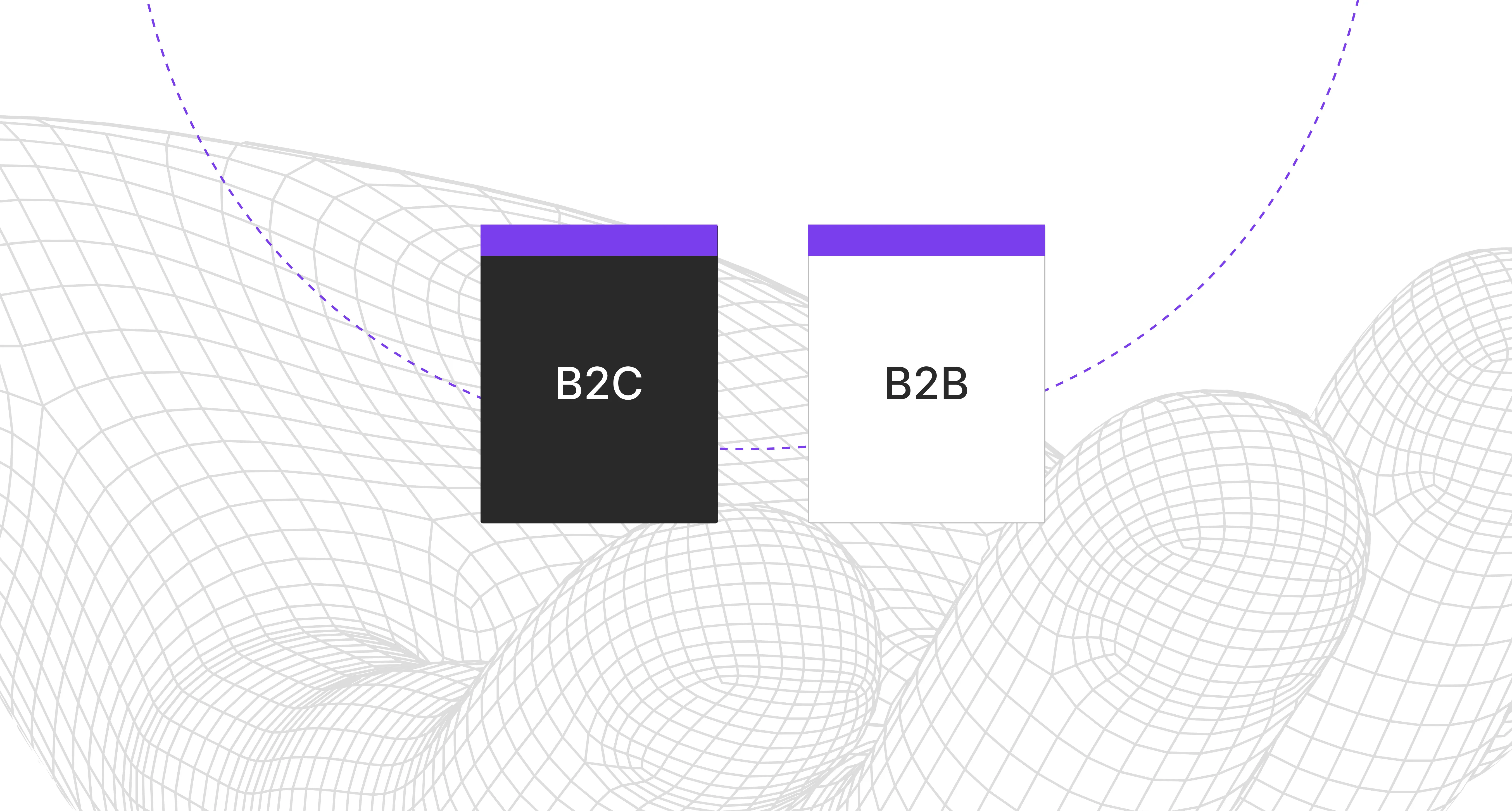

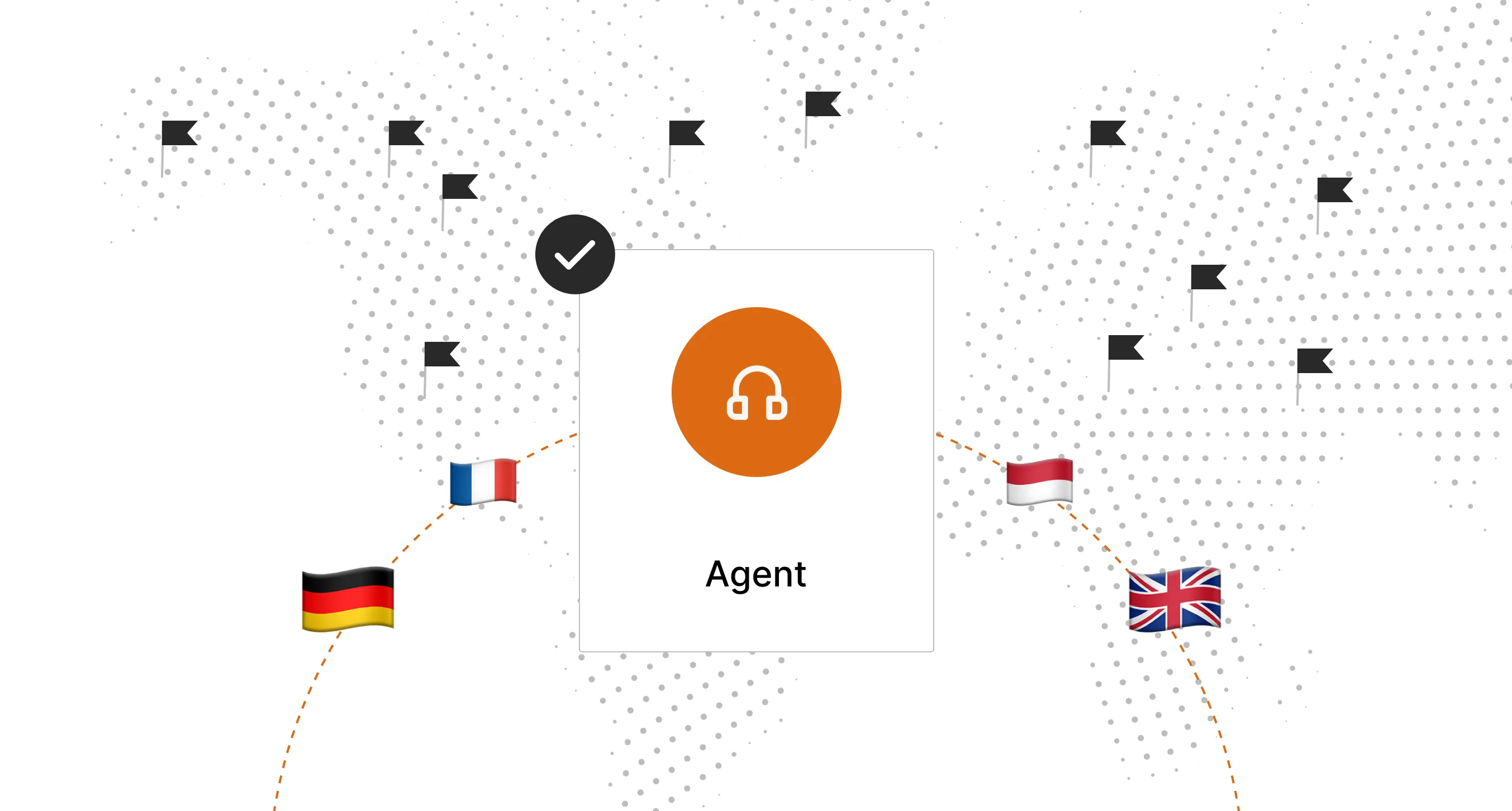




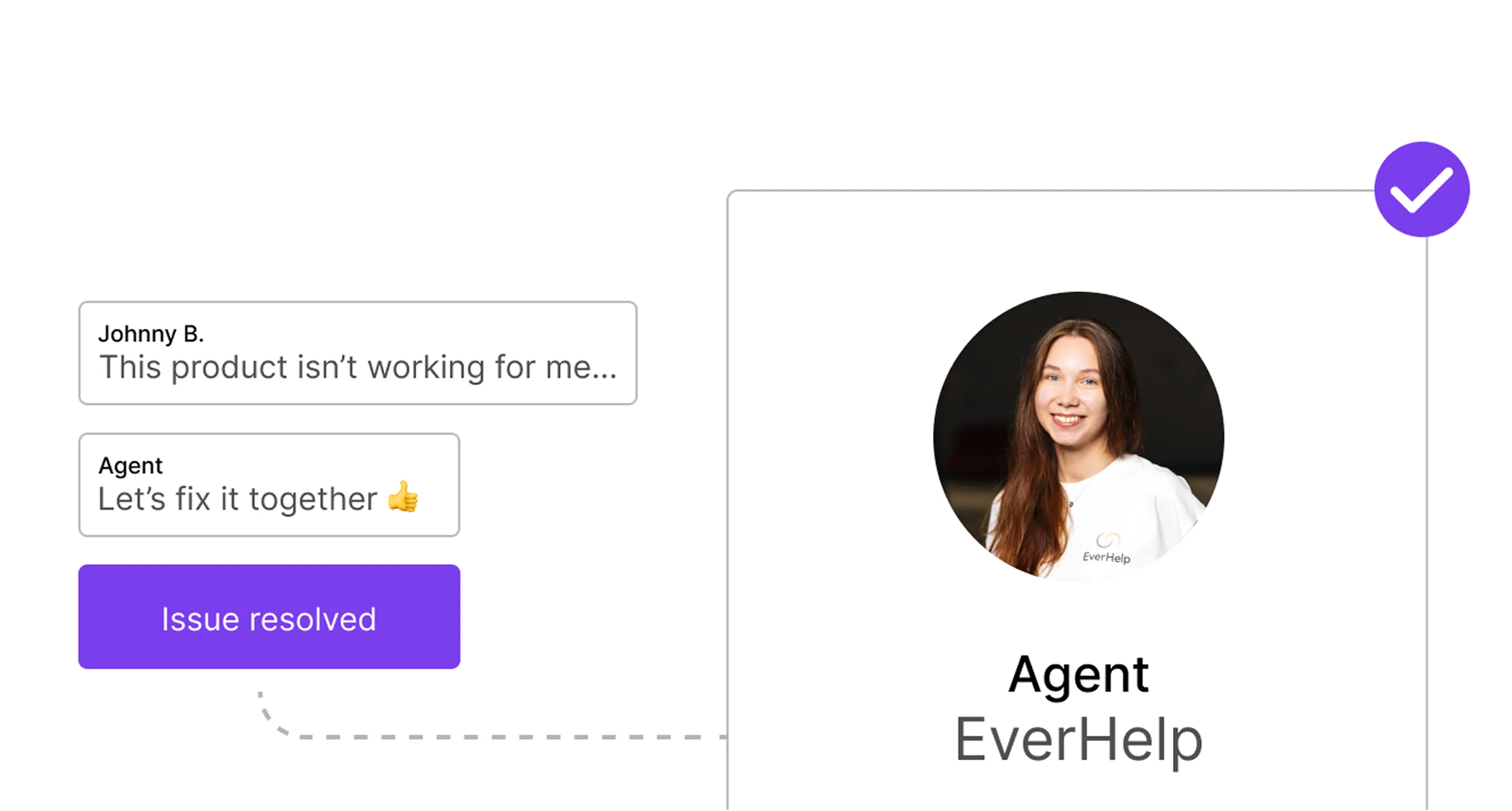



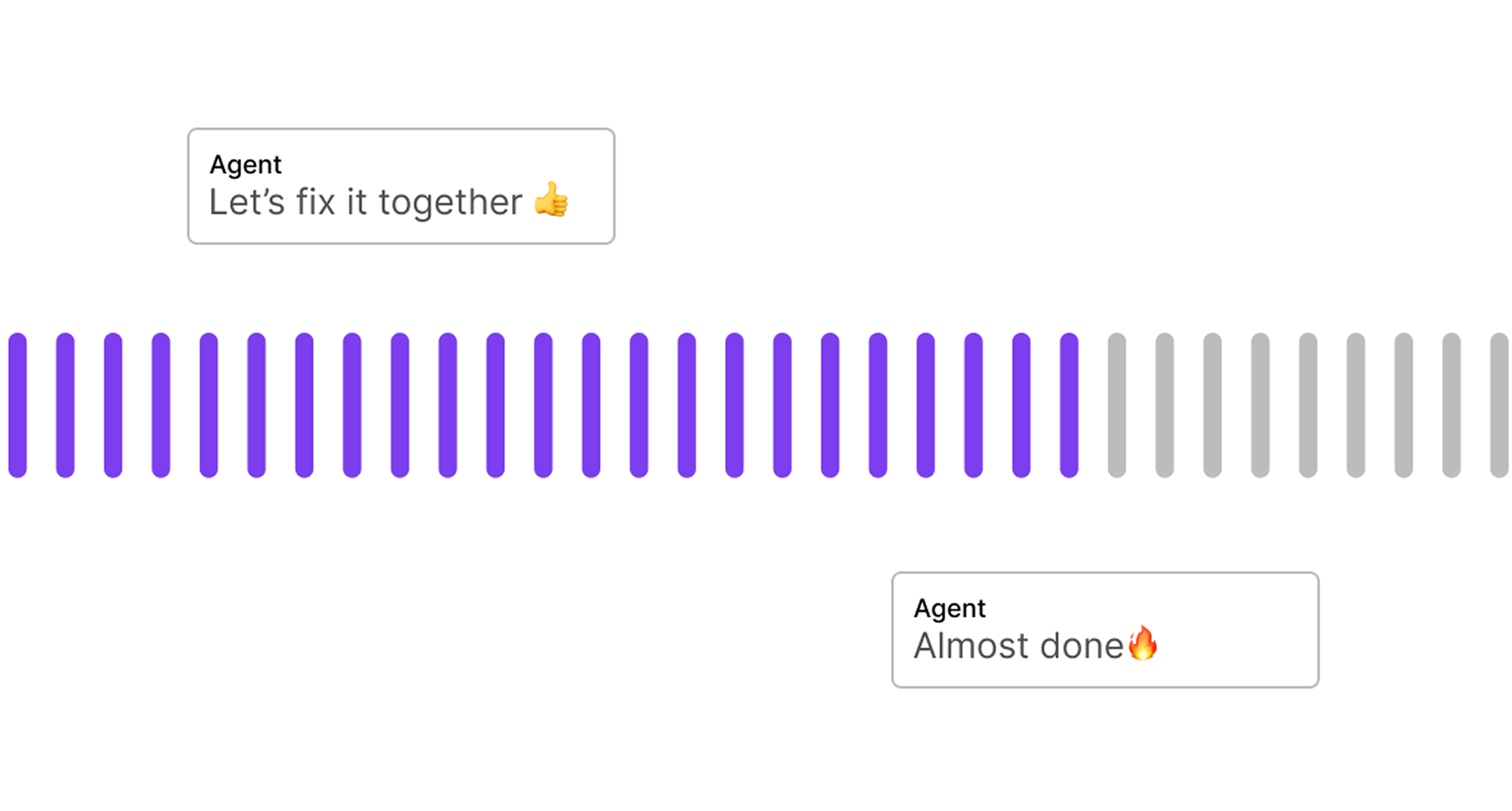

.webp)
















